Driftwood, Texas is an anxiety-calming 25-minute drive from the noisy, urban hardscape of downtown Austin, and it’s home to award-winning barbecue restaurants, wineries, distilleries, breweries, and more that have long provided a haven for daytrippers looking for a break from the rat race.
Nestled along a winding ranch-to-market road in central Texas may seem an unlikely spot for a winery with architecture and grounds reminiscent of a Tuscan Villa. But it’s there that Duchman Family Winery got its start in 2004, founded by a pair of doctors, Stan and Lisa Duchman, who wanted to share their love of Italian grape varieties with their fellow Texans.
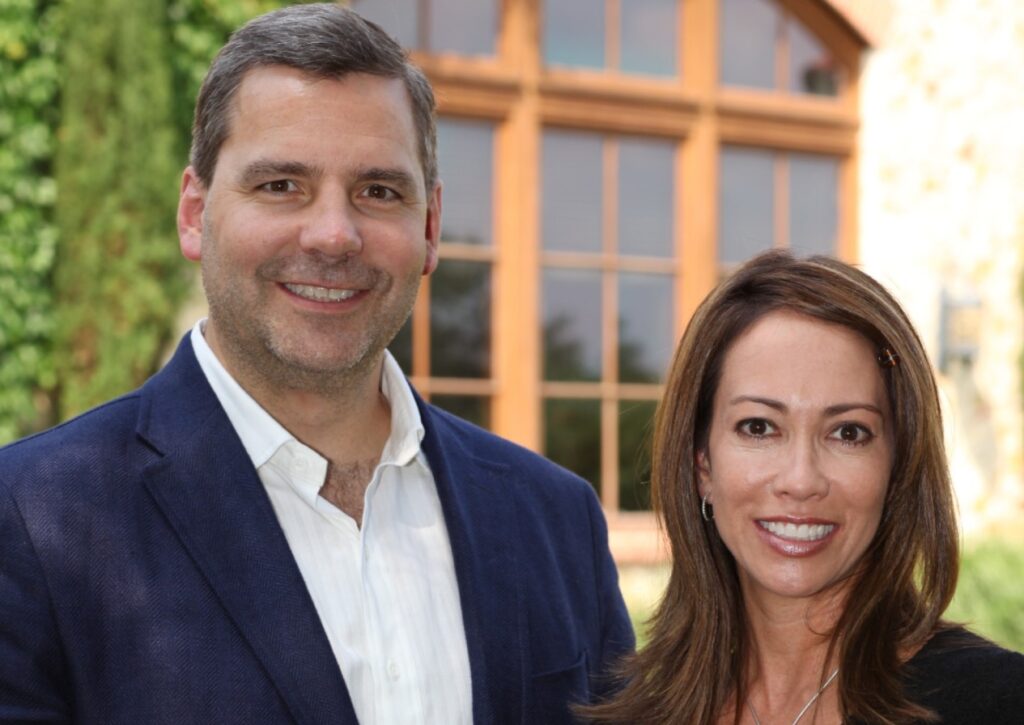
For more than a decade, the winery has stuck to its guns, sourcing its grapes almost exclusively from the Texas High Plains AVA, only uses Texas-grown grapes in its wines, and limits the types of wine it makes. That consistency and novelty are what have led it to become a popular choice for folks wanting something beyond the basic Cabernet, Shiraz, and Merlot that takes up a lot of real estate on the supermarket shelves.
“Consistency is the biggest thing,” said Duchman General Manager Tommy Wellford. “A lot of wineries go rogue and have and have anywhere from 25-30 SKUs, and Duchman has stayed on a stable path of no more than 15. Our heavy hitters are our Montepulciano, our Aglianico, our Trebbiano and our Vermentino. You have only one opportunity to make that first impression. So with consistency, you focus on making the same product but making it better and better each year.”
Staying the patient course has helped maintain consistency and continuity, but so has having had only two winemakers since the doors opened and the lights were turned on. Mark Penna was Duchman’s first winemaker. And succeeding Penna was assistant winemaker Dave Reilly, who began learning the ropes under him and took over as winemaker in the early part of the last decade.
“Dave has been our main winemaker all this time, and we have had 100% continuity there,” Wellford said. “He’s key to making those handshake contracts with growers in the high plains and getting those good grapes. That’s important because it’s hard to make good wine out of bad grapes. Growers want to give that fruit to Dave because they know he’s going to showcase it.
“Continuity and consistency are not sexy, but they mean so much.”
While not all of Duchman’s varietals are Italian (they also make Spanish and French varietals), Wellford readily admits the winery’s tenacity with developing those wines to match its theme has helped it stand out in an increasingly packed Hill Country landscape.
“When we built, we wanted a slice of Tuscany in Texas — our grounds are meant to look like you’re in a villa in southern or central Italy — and so, in 2008 we added our Aglianico and our Vermentino,” Wellford said. “We have our grounds and our building, and the level of hospitality we give to our patrons. I’ve worked in restaurant hospitality my entire life, and the core values are the same. Be nice and hospitable, and people will come back for that. Add world-class wine to that, and you just create an experience.”
Another area that Wellford says has given Duchman an edge is on the equipment side of things. It’s one of a handful of wineries that has its own bottling line.
“We were ahead of the curve a long time ago — having that was ahead of the time when we got it,” Wellford said of the bottling line. “We built our winery around it. So now, when Dave wants a bottle of wine and says tomorrow is the day to do it, we can do it tomorrow instead of having to wait, which compromises the quality of your wine.”
Aside from that, the rest of the execution lies in the capable hands of the winemaker.
“Riley is a creature of habit. When it comes to how the sausage is made, that’s on him, but we don’t have any crazy technology,” Wellford said.
Navigating an unprecedented year
Continuity, consistency, and diligence may be the name of the game for Duchman, but as it did with everybody, the COVID-19 pandemic and the other pleasantries 2020 brought with it tested the winery.
“We never had to close down entirely, but 2020 was a hell of a year,” Wellford said. “We had to abide by the occupation capacity limits mandated by the governor and abide by the law because there was no need to risk being closed down. It’s easy to socially distance out here. We’ve got 40 acres and we can spread people 40-50 feet apart.”
Texas opened March by fully reopening the state, with Governor Greg Abbott announcing at a press conference in a Lubbock Tex-Mex restaurant that businesses could reopen to 100% capacity and that citizens no longer needed to wear their masks, although businesses were welcome to continue setting their own rules and limits as they saw fit.
But like many businesses across the globe, Duchman’s leadership learned how to be flexible and how to be ready to change when circumstances leave you with no choice.
“I think if you had to put it in one or two words, it’s about creativity and pivoting,” Wellford said. “This is when you reach out and come up with collaborative ideas. I would imagine that we are going to go to be some sort of 50-75% reservations, and over the next couple of years, there are going to be people who both want their space but also want to come have a tasting.
“You used to wait in line inside to get the bottle of wine, and now you can get it outside. Our food program has also helped us, too, because you don’t have to make any additional stops to get food to accompany your wine.”
Like others, Duchman has worked to develop the virtual side of its business during the pandemic.
“We’re going to start doing virtual tastings the second or third Thursday of each month,” Wellford said earlier this year. “Dave and I have been busy on Zoom calls trying to reach people in Houston, Dallas, and San Antonio a little bit more. We are not as hands-on as some wineries out there, but we are closer to Austin than many are and I don’t think we need to be.”
And, as many wineries have reported, things could have been worse.
“Wholesale sales went up for sure at places like Whole Foods and H-E-B, but we’re definitely down in sales,” Wellford explained. “We haven’t had tastings since 2020. We can’t have open bottles of wine. But we’re thankful for the support of our wine club members and people who want to get out and about and stay at Airbnbs and get away for a weekend. We offer that seclusion experience, where you can come out here and have a bottle of wine, enjoy some hot pizzas and sandwiches or a charcuterie board from our amazing chef, and just enjoy our land.”
What lies ahead
Moving forward, Duchman plans to stick to what has made it successful. But to do that, it’s all about what’s coming off the vine.
“What we want to do is have a good harvest year,” Wellford said. “If you want to look at our four-year plan, it’s to get to full in-house harvest years. If you ask Dave what is exciting to him, he’ll say ‘We’ve planted our Vermentino with the Oswalds.’ He’s excited about doing more of the same thing, but doing it better.”
“It’s about consistency — doing more of the same the best we can. If you look at wineries in California and Washington, some just make one wine, whether it’s Chardonnay or Cabernet. And If we keep doing what we are doing next 20 years, I think we will be up there for sure. I think we’re in the top five.
“It’s not a sexy answer, but we’re going to keep doing what we are doing and bring the next generation of consumers in here. You’ve got to be proud of what you’ve done and make sure it sticks.”

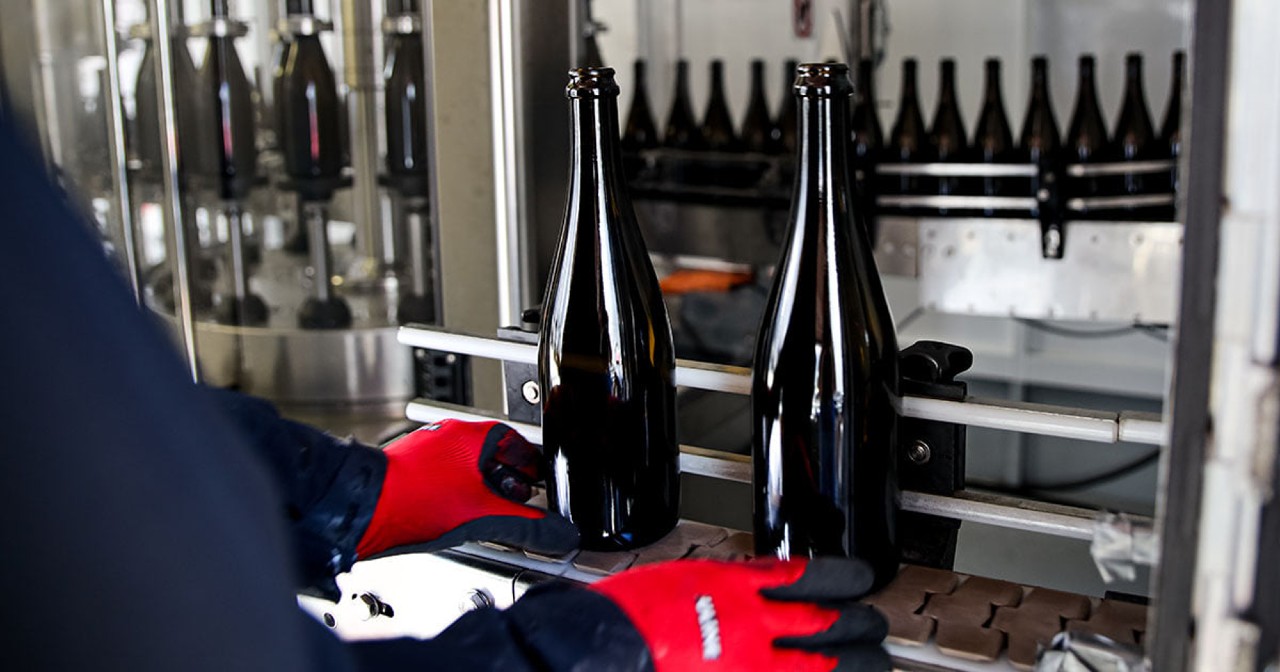
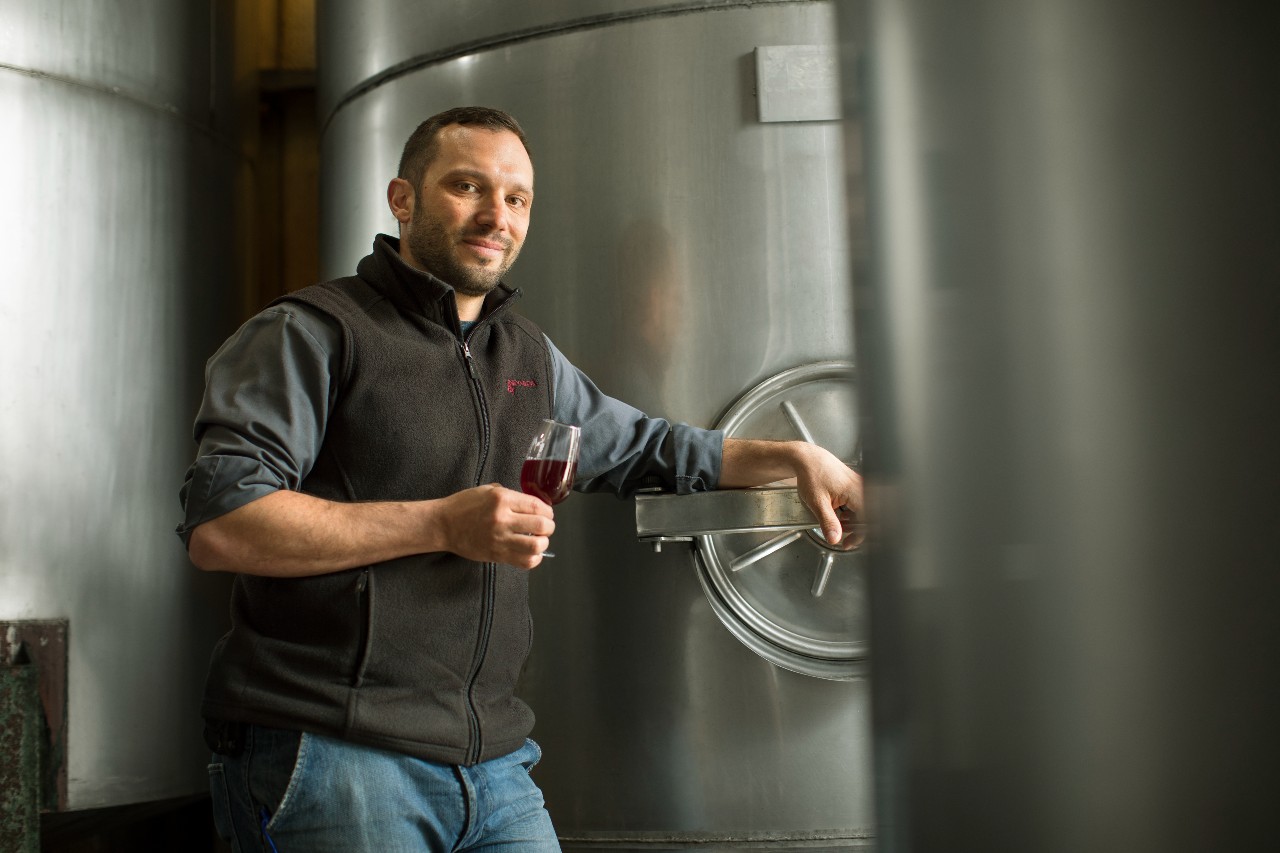
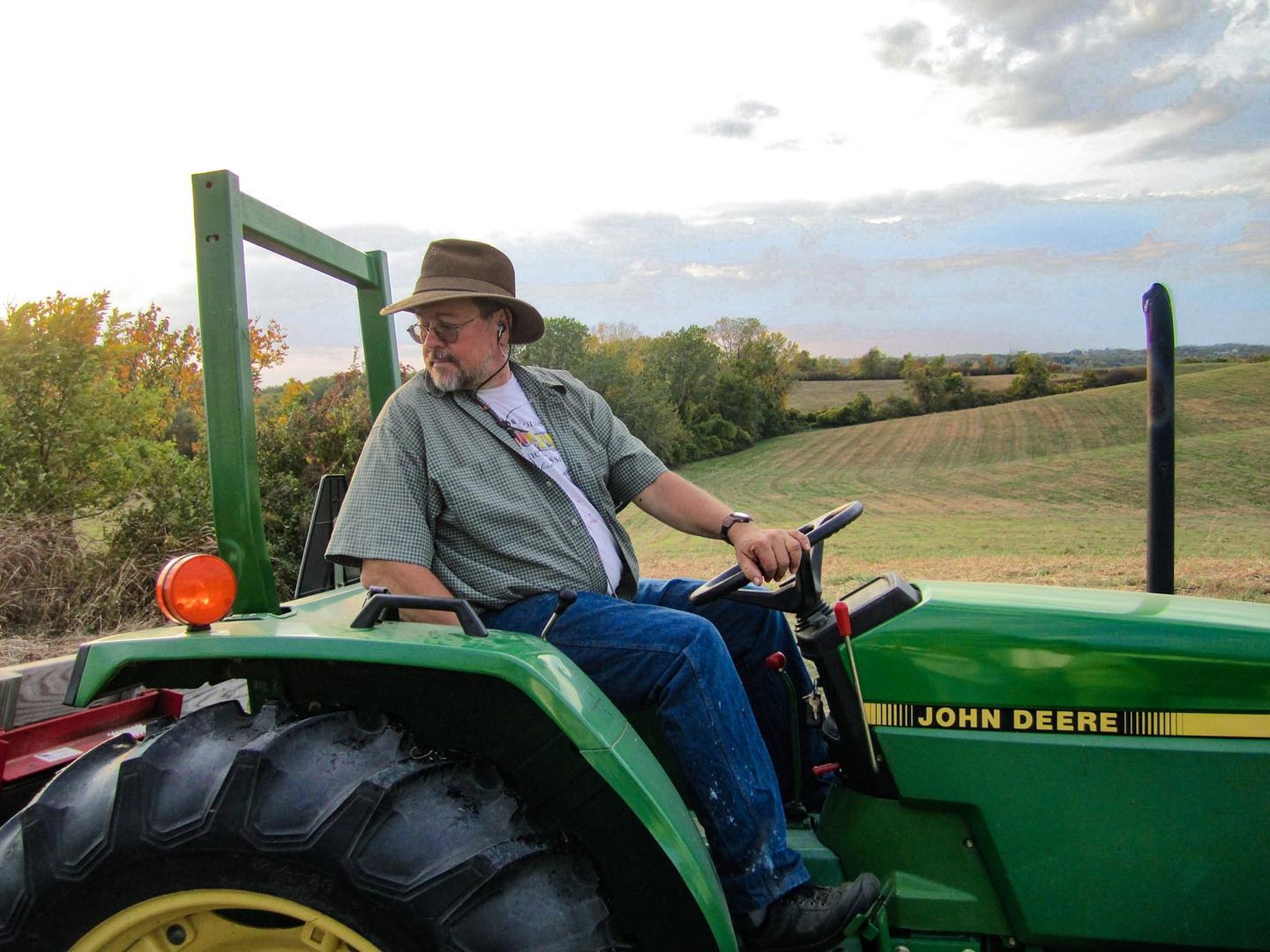
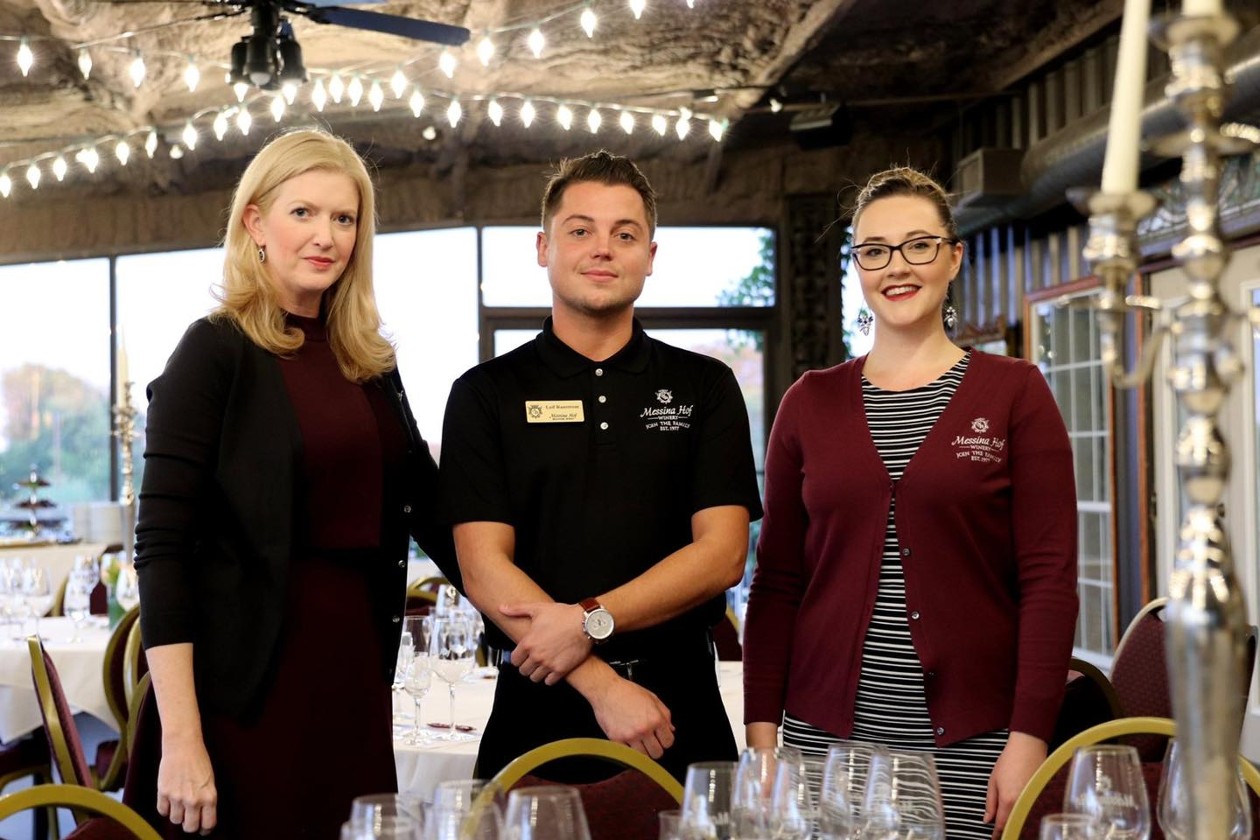
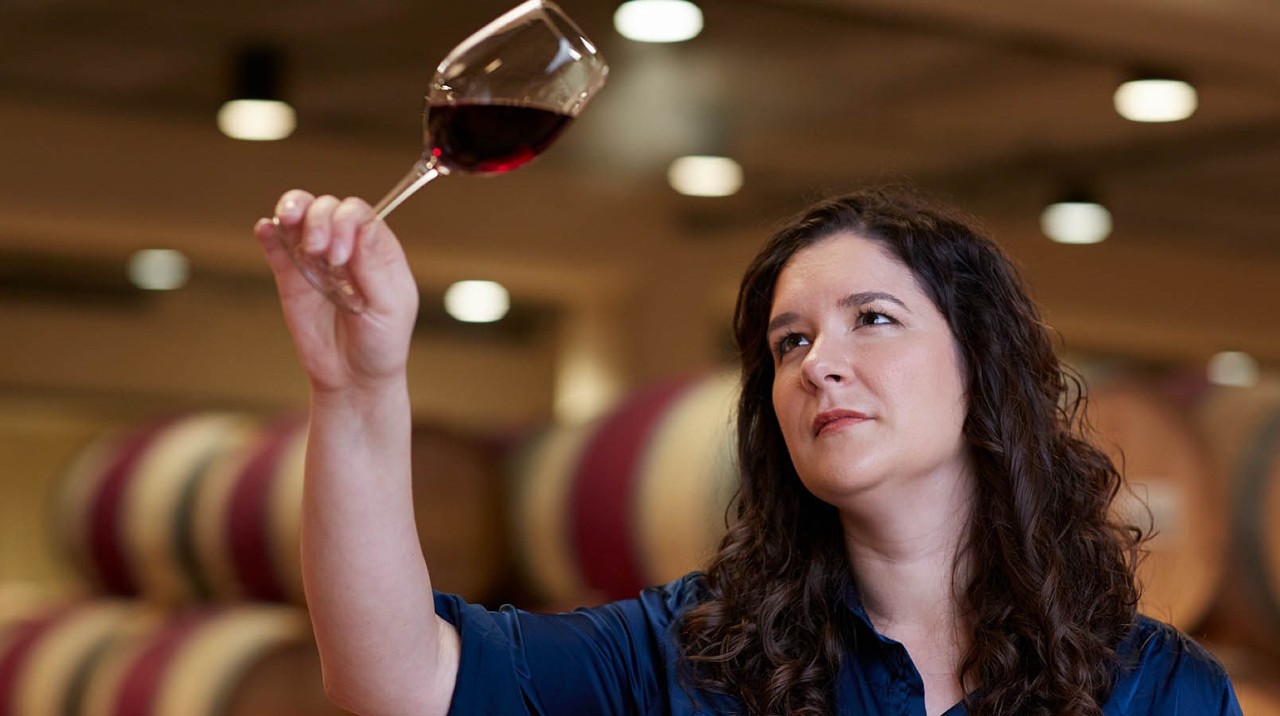

Be the first to comment